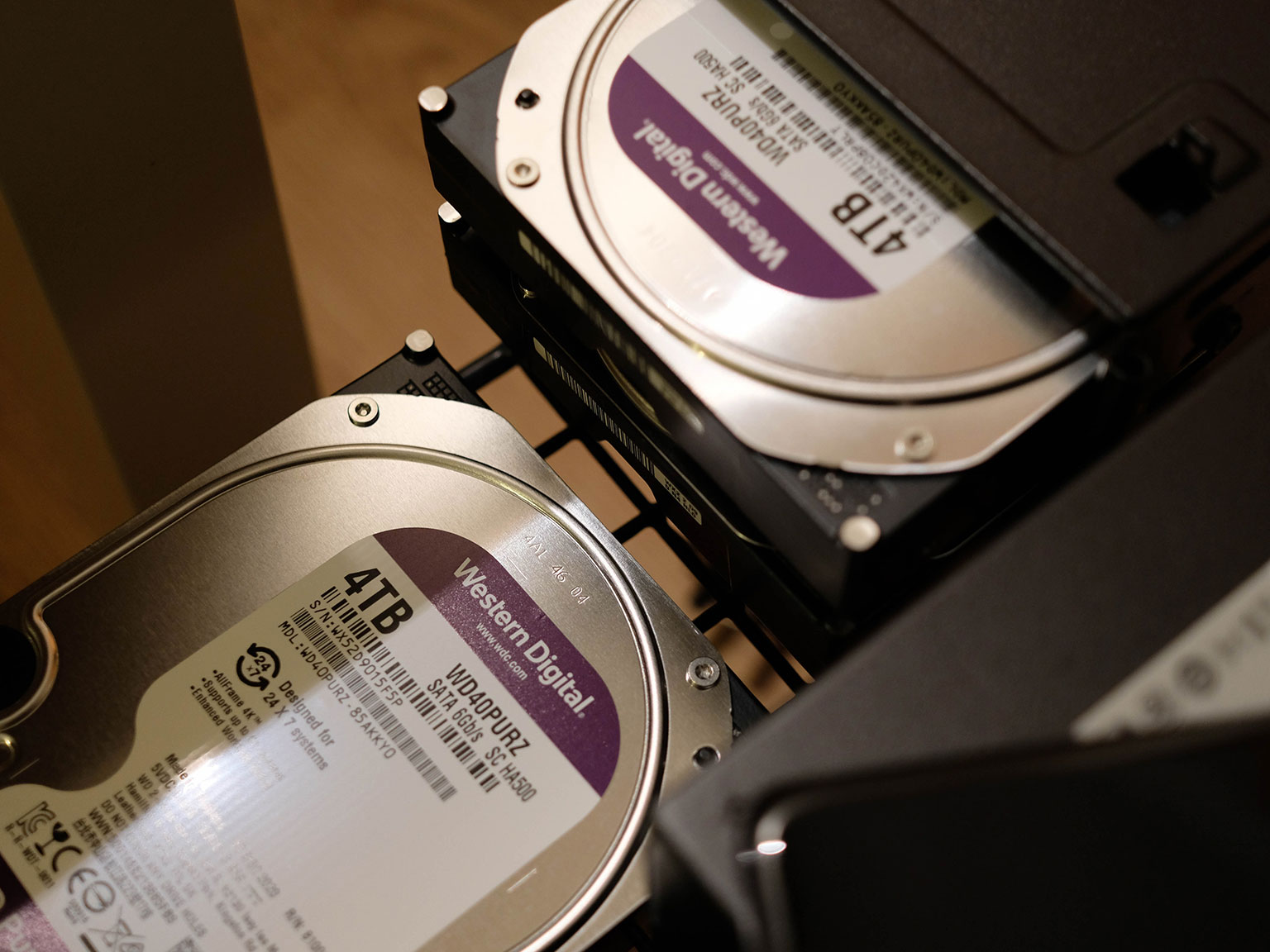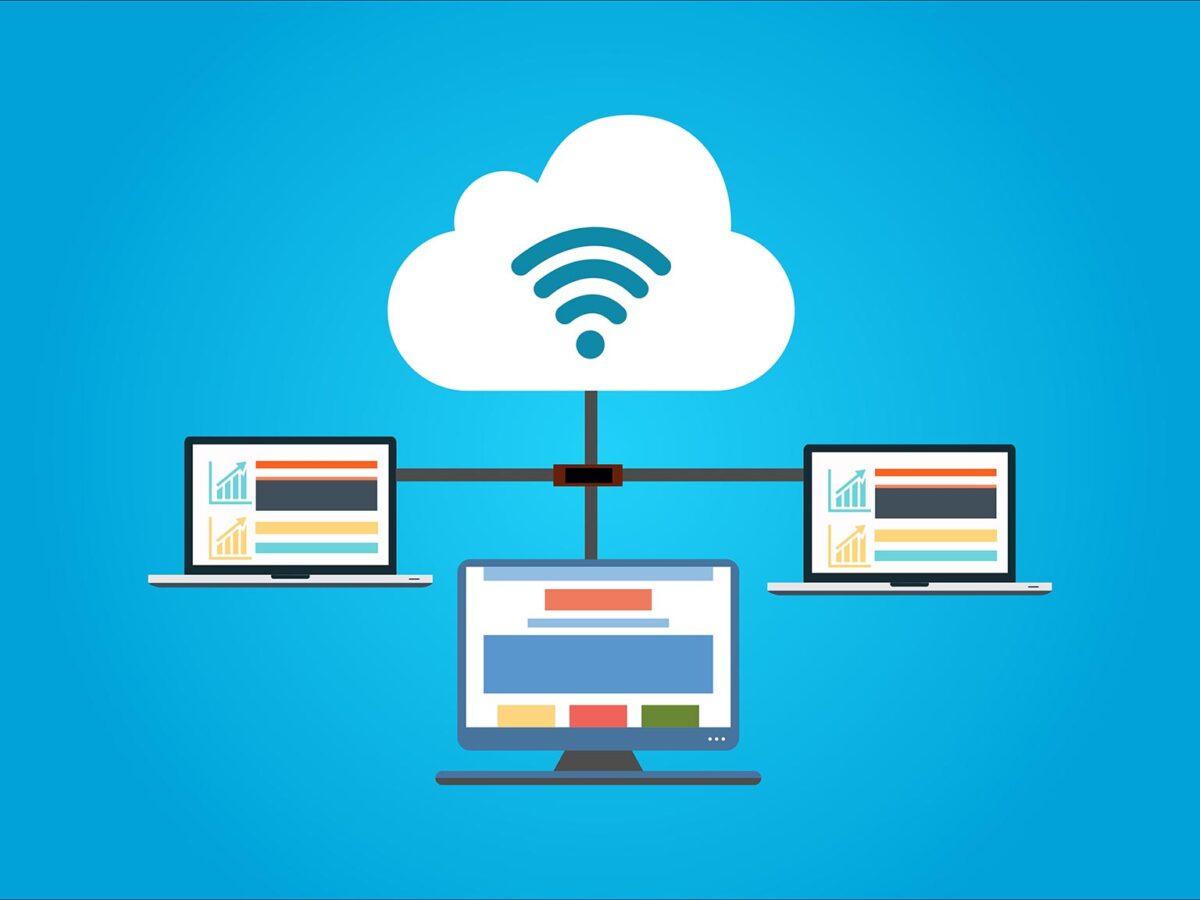Cloud data backup vs local data backup – which is right for my business?
All businesses need a data backup strategy. The process of copying files to a secondary location in case the original data is compromised is a fundamental element of protecting operations and productivity….

The question for this article is, where should that second location be?
There are two major contenders:
- In the cloud (cloud backup)
- Locally / on premises (local or ‘on premise’ backup)
Choosing between the two will depend on what works best for your business. Regardless of the outcome of the decision, one thing is for certain: data backup is absolutely necessary to safeguard your company from the loss or corruption of data which could lead to an entire system shutdown, a holt in production and a dent in profits.
Prevention is better than cure. A regularly backed up, clean set of data will get you back in the driving seat should the unthinkable happen.
Let’s take a look at the pros and cons of both cloud data backup and local data backup.
The argument for cloud data backup
What is cloud backup?
Cloud backup is the automatic copying of data to a cloud-based server in a remote location. A provider manages the cloud backup service for an agreed monthly or annual subscription fee.
Advantages of cloud data backup
Cost-effective – there is a cost-saving in not having to purchase and maintain the hardware needed for local backup, and the subscription is a fixed cost that is easy to manage and reflects only what you need or use.
- Realtime access – data in the cloud is accessible immediately it is required, providing the most up to date file versions regardless of where users might be.
- Scalable – extra backup capacity can be ordered and implemented within minutes, whereas for local backup additional hardware would need to be purchased and set up.
- Reliable security – cloud backup offers robust security through its state-of-the-art cybersecurity and access control features, with all data encrypted in transit.
- Multiple users – a backup can be initiated or restored by one of many users in any location across all the usual devices: PC, laptop, tablet or smartphone.
- Automation – cloud backups are fully automated, therefore not dependent on a member of staff remembering to do them. The automation allows businesses to configure the process to their individual needs for the mitigation of data loss. Backups can be scheduled hourly or every few minutes, rather than waiting a full 24 hours.
- Less risk – if local backup equipment is damaged by a disaster such as fire or through sabotage, the data is lost. Data backed up in the cloud is safe and quick to restore.
Disadvantages of cloud backup
- Reliance on an internet connection – poor connectivity could cause problems with swift data recovery such as latency or the corruption of files during transfer. If connection is lost, the data is inaccessible.
- Cost of data recovery – companies that aren’t as dependent on instant recovery may consider the cost of cloud data recovery to be too high.
- Difficulty in switching cloud providers – particularly if you have large volumes of data, it can be time-consuming to switch providers when you need to migrate older backups to the new cloud location.
- Regulated industries – highly regulated industries such as government organisations, the military, finance and legal sectors operate under tight security regulations. They may be forbidden from storing sensitive data in the cloud due to concerns around control.
The type of businesses most likely to benefit from cloud backups
Small and medium sized businesses enjoy the convenience of cloud backups and not having to employ IT teams. Due to the need for tight security and continuous data backup, eCommerce and financial businesses also benefit from cloud backups.
The argument for local data backup
What is local data backup?
Also known as onsite or on-premises backup, local backup is the saving of systems, applications and data to a device such as a physical disc, tape, driver or server that is located at the same site as the data source.
Advantages of local backup
- Speedy recovery of large amounts of data – without dependence on an internet connection, larger volumes of data can sometimes be backed up and recovered more quickly than from a cloud backup.
- Greater security and access control – storing backups on-site gives companies more control over access to data and its security.
- Confidentiality – on-site data management keeps confidential data away from third parties.
Disadvantages of local backup
- Cost – capital investment is required for the hardware, infrastructure and implementation of local backup.
- Risk of disaster – in the event of a disaster such as a fire, data held locally in hardware that can become damaged is at risk. As such, an off-site copy is always recommended which is an additional task to manage.
- No control over downtime – there can be no guarantees regarding the time taken for local backup recovery.
- Not easy to scale up – if the volume of required local backup increases, additional hardware and software are needed which means more investment.
- Difficulties in retrieving specific data – from a local backup it is difficult to restore or extract single files.
- Unable to access data remotely – users need to be on-site to access backups if systems fail.
- Human error – employees can forget to process backups that aren’t done automatically or damage drives accidentally.
The type of businesses most likely to benefit from local backups
Home based businesses such as sole traders, consultancies, freelancers and small companies that don’t need to store huge volumes of data might benefit from a local backup system.
A hybrid approach to data backups
As there are pros and cons for both cloud and local backups, a hybrid ‘belt and braces’ approach is sometimes considered to be the answer. Cloud backups provide a robust solution in the event of a cyberattack or if production systems are compromised, and likewise if a cloud provider’s infrastructure is compromised the local backup can provide the systems recovery required.
Acronis Cyber Protect Cloud
At E2E Technologies we will always advocate the implementation of cloud data backup. For our clients we use a cloud backup product that uniquely integrates data protection with cybersecurity and management to protect systems, data and endpoints. It backs up operating systems, applications and data to the cloud, providing speedy recovery when needed.
Can we help?
To find out how E2E Technologies can supply cost-effective cloud backup services for your business to avoid data loss, down time and security breaches, get in touch with the team for an informal chat.







